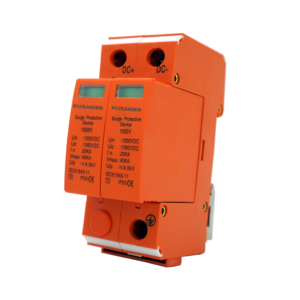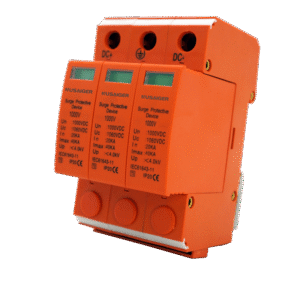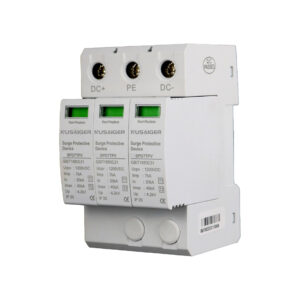Introduction
Copper terminals are one of the most crucial components in any electrical installation, yet they often go unnoticed. Acting as the connection bridge between electrical wires and various equipment or busbars, copper terminals ensure the safe and reliable transmission of electrical current. This blog will explore what copper terminals are, their core functions, benefits, and why they are indispensable in both residential and industrial electrical systems.
What Are Copper Terminals? Copper terminals are electrical connectors made from high-purity copper, designed to facilitate the secure connection of electrical conductors. They are usually crimped or soldered onto the ends of wires, allowing them to be securely connected to devices, panels, or equipment.
Why Use Copper? Copper is the preferred material for terminals due to its:
High conductivity: Only second to silver, copper offers excellent electrical transmission.
Thermal resistance: Copper can handle higher temperatures without deforming.
Corrosion resistance: Especially when tin-plated, copper resists oxidation and environmental degradation.
Ductility: It is easy to form and crimp without cracking.
Main Functions of Copper Terminals
Electrical Continuity: Ensures low-resistance pathways for electrical current.
Mechanical Stability: Maintains wire position and withstands vibrations.
Safety: Reduces the risk of loose connections, overheating, and electrical fires.
Types of Copper Terminals
Ring Terminals: For permanent connections
Spade Terminals: For quick disconnections
Pin Terminals: For use in narrow or small terminal blocks
Fork Terminals: Combines security and ease of installation
Common Applications
Power distribution units and switchboards
Solar PV junction boxes
Automotive and EV wiring
HVAC systems
Industrial control panels
Advantages Over Other Terminal Materials Compared to aluminum or brass terminals, copper terminals provide lower resistance, better mechanical strength, and longer lifespan. They are especially valuable in high-load applications and environments where electrical stability is critical.
Conclusion
Copper terminals are the foundation of a reliable electrical system. Their superior conductivity, durability, and versatility make them a must-have component in everything from home circuits to industrial automation systems. Whether you’re an installer, electrician, or procurement manager, understanding the value of copper terminals will help you ensure safety, efficiency, and performance in all your electrical projects.



